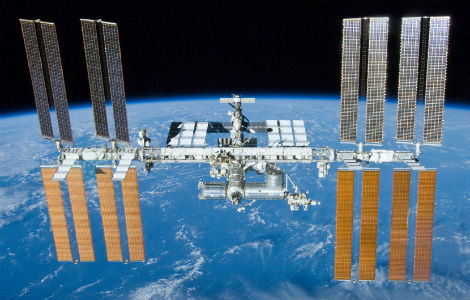Despite the incredible accessibility of the internet itself, paying the price for that accessibility can often be high. Internet coverage isn’t cheap, especially for a utility that is becoming a necessity to survive in the digital age. In fact, the argument for cheaper internet has been raging for a few years now, specifically around net neutrality. However, that may not be the case for long, with companies looking to launch Low Earth orbit (LEO) satellites in the near future.
According to The Next Web, Jeff Bezos at Amazon and Elon Musk at SpaceX are revealing plans for LEO satellites that will provide broadband internet access across the world. SpaceX is already underway, launching 60 satellites in preparation for a pilot program that will cover North America initially. Amazon recently announced Project Kuiper, which will ultimate see 3,236 satellites orbiting the Earth. Both companies are investing in the technology in order to make the internet more accessible to consumers.
According to TNW:
LEO satellites orbit extremely close to Earth, between 99 to 1200 miles (160-19,300 km) — versus 22,000 miles (35,400 km) of traditional GEO satellites — which means less time to transfer information (lower latency) and a quality of service comparable to wired cable and fiber broadband providers. The arrays will be precisely mapped into massive constellations to maximize coverage.
The LEO technology can offer access to rural areas and other locations with poor access, while bringing down the monthly price for internet for Americans everywhere. The largest problem is that many areas only have a single internet provider – and are beholden to those prices. As LEO technology will be available anywhere, with no need for physical infrastructures ISPs are used to, it can effectively bring competition to all of these areas.
This offers a huge opportunity to technology managers operating an organization within areas with only one ISP. Competition means competitive prices, and a lower bottom line for the same bandwidth – or companies will actually be able to increase their coverage for the same price. Either way, this is a win for consumers and companies alike.
If you enjoyed this article and want to receive more valuable industry content like this, click here to sign up for our digital newsletters!











Leave a Reply